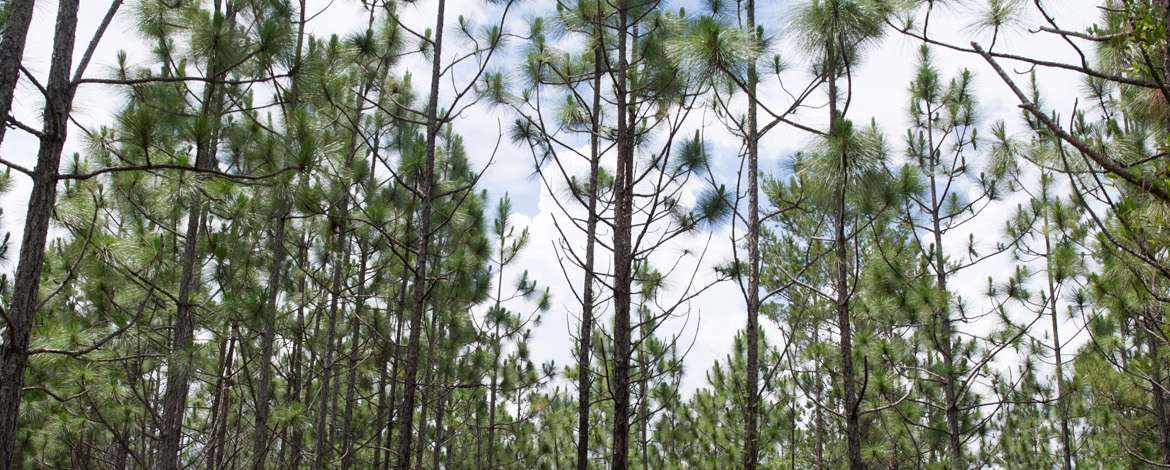As Asian Pacific American Heritage Month comes to a close, let’s spotlight some Asian vegetables Florida growers produce. The below fun facts are from the Asian Vegetables Emerging in Florida series, published by the UF/IFAS Horticultural Sciences Department.
Bitter Melon
Bitter melon has been used in Asian and African herbal medicine for a long time, and its use…












